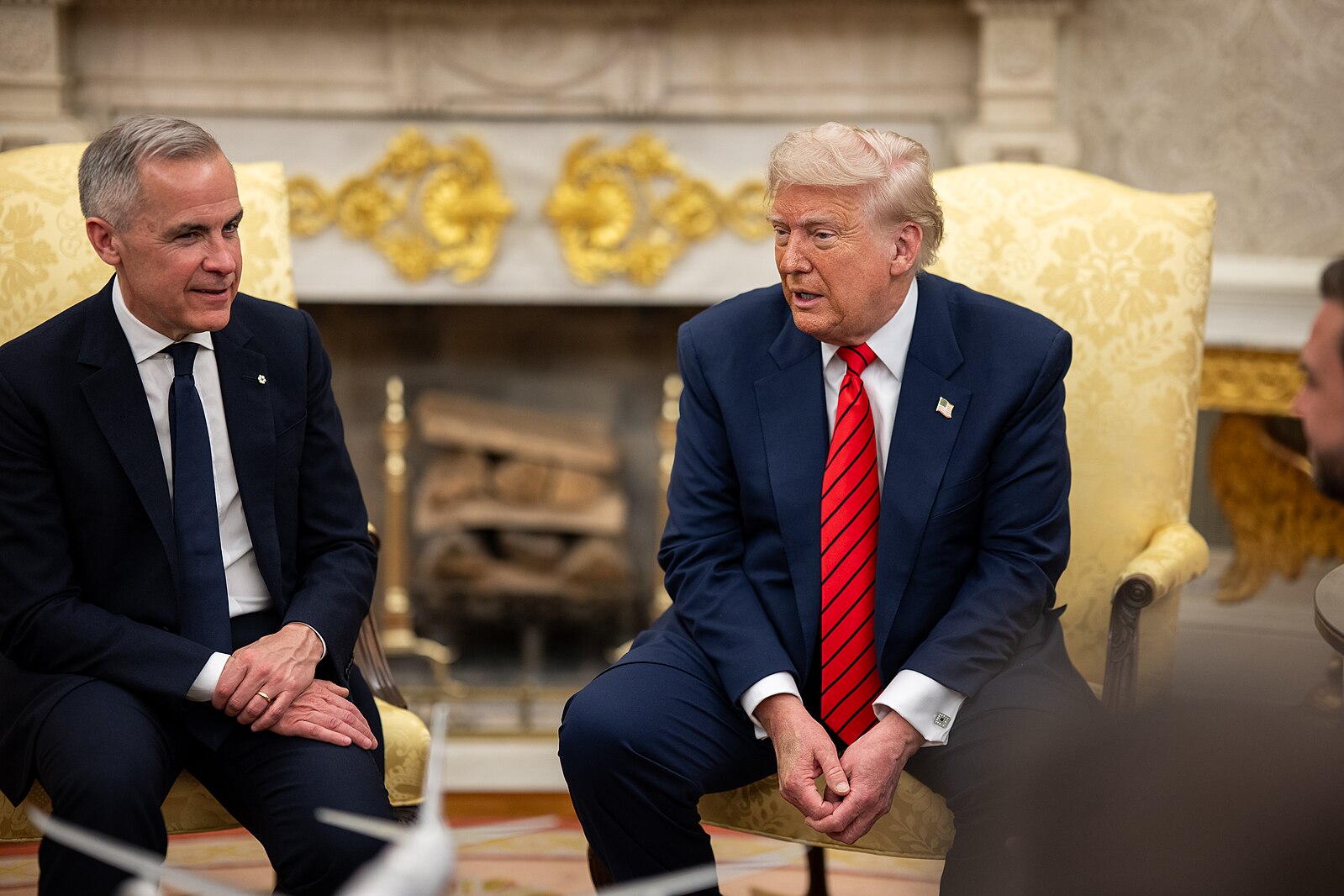World
Trump Trade Freeze Pressures Canada to Scrap Tech Tax
By Jake Beardslee · June 29, 2025

Canada has rescinded its digital services tax just one day before the first payments were due, following a sharp response from U.S. President Donald Trump, who announced over the weekend that he would be “terminating ALL discussions on Trade with Canada” over the issue.
The tax, introduced last year and retroactive to 2022, would have imposed a 3% levy on large tech companies—including Amazon, Google, and Meta—that generate substantial revenue from Canadian users. Though Canadian officials had previously insisted they would not delay implementation, Ottawa reversed course Sunday evening, citing hopes for a broader economic agreement with Washington.
“Today’s announcement will support a resumption of negotiations toward the July 21, 2025, timeline set out at this month’s G7 Leaders’ Summit in Kananaskis,” said Prime Minister Mark Carney.
Francois-Philippe Champagne, Canada’s Minister of Finance and National Revenue, added: “Rescinding the digital services tax will allow the negotiations of a new economic and security relationship with the United States to make vital progress and reinforce our work to create jobs and build prosperity for all Canadians.”
Despite the concession, Canadian officials maintain that the country will not delay indefinitely. A statement from the finance ministry noted that Carney “has been clear that Canada will take as long as necessary, but no longer, to achieve that deal.”
The digital services tax was initially enacted in 2020 to address the gap in taxation for digital giants operating in Canada but not paying local taxes. Ottawa has maintained that the tax was meant as an interim measure while working with global partners—including the U.S.—on a multilateral solution.
Trump’s trade freeze was backed by Treasury Secretary Scott Bessent, who told CNBC that U.S. Trade Representative Jamieson Greer would “determine the amount of harm to the U.S. companies and the U.S. economy in general.” Bessent emphasized that “several countries within the European Union have digital service taxes. None of them have done those retroactively,” framing Canada’s approach as particularly contentious.
With U.S.-Canada trade totaling around $762 billion last year, the stakes for both nations remain high as negotiations continue toward a long-term agreement.